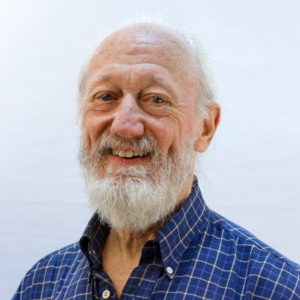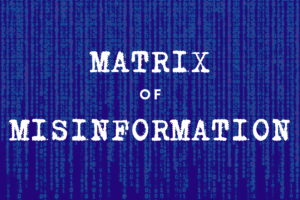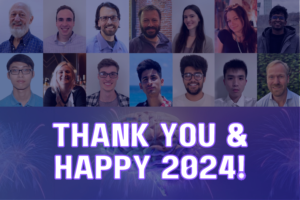Celebrating National Nurses Week
In celebration of National Nurses Week from May 6 and to May 12th in the U.S. (Florence Nightingale’s birthday), I wanted to reflect on how much I’ve learned from nurses in my career… which is significant… and how they shaped much of my work.
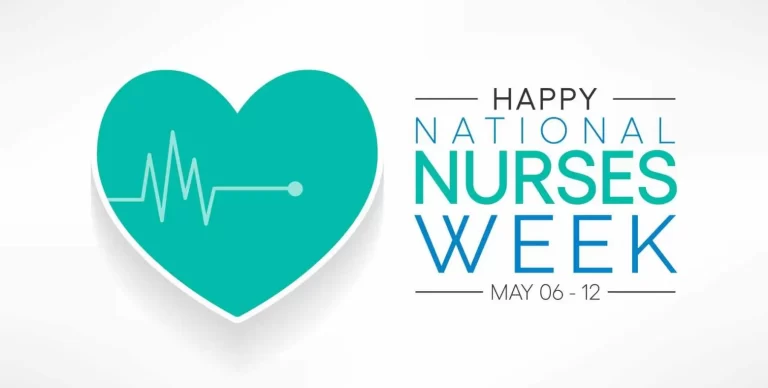
In the late 1970’s, I was monitoring evoked potentials in a patient having cervical disk surgery. The spine fusion was done and the surgeon was ready to close when he got an emergency call to head to the ER. There was no one to take over so he turned to me and asked if I could close the patient’s neck.
I worked in the lab in the neurosurgery department, and he knew I had done a lot of surgery on animals and was quite good at it. I was also a first year medical student. But I had no surgical experience on humans. I said “yes” only because he thought I could do it and there seemed to be no alternative. He said “great” and then left. I scrubbed in and positioned myself next to the scrub nurse. I knew her because I was frequently monitoring spine patients.
But standing there was very different from the animal lab, and I started to think more clearly about what I had committed to, and the fear of screwing up started to bubble up. I looked at the OR nurse and, by her eyes, I knew under her mask she was smiling at me, and I felt much more comfortable. I didn’t know where to start so I just put out my hand as I had seen the surgeons do… and she placed the exact instrument I needed. In this case a needle driver with thread… followed by forceps.
I looked at the thread and figured out I was supposed to sew up the muscle. When finished, I gave them back to her… held out my hand… and the next tools appeared. I looked at them and figured it’s now time to sew the fascia. Then the skin and then they guided me through the bandage.
I couldn’t have done this without the comfort and guidance from the nurses, and, at an early age, I learned what an amazing source of knowledge they are. And I was humbled by the fact that they could have easily done the job better than I did.

Three decades later, I was interested in providing guidance at the point-of-care and time-of-need for nurses in critical care. A new neighbor turned out to be a professor of nursing at Penn and told me about Dr. Barbara Drew, a distinguished professor of nursing at UCSF. I made an appointment to see her, which I was told had to be restricted to 30 minutes due to her busy schedule. On entering her office, I was intimidated by all the plaques on the wall. It was obvious she was one of the top nurses at one of the top nursing schools.
As I was about to leave at the end of the meeting she asked what I was doing over the weekend in San Francisco. I wasn’t sure I should tell her that I was meeting up with some of my Burning Man friends due to the festival’s reputation for “alternative behavior.” But I told her and was surprised to see her face light up and say, “I’m celebrating my 60th birthday at Burning Man this year.” We both laughed and spent another hour in her office talking about Burning Man… and I was invited to her party (picture below, in 2007). (See our report on Burning Man here).
From these relationships, I learned a lot about the challenges of adherence to guidelines and continuing education in a hectic environment such as critical care. This carried over to our work in another hectic healthcare setting, combat casualty care, and our ongoing developments for the Department of Defense.
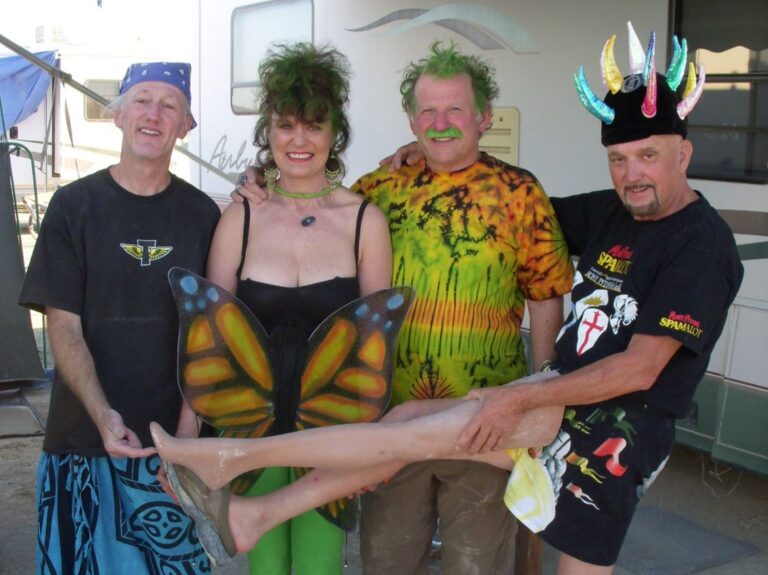
This month we hosted a reception for nurses attending the American Association of Critical-Care Nurses (AACN) which was held in Philadelphia. It was a mix of technology and fun. Check out our post on it, here!
In closing, let us honor and acknowledge the indispensable contributions of nurses in the field of neurocritical care, whose dedication and expertise are integral to patient care and outcomes. Happy National Nurses Week!


